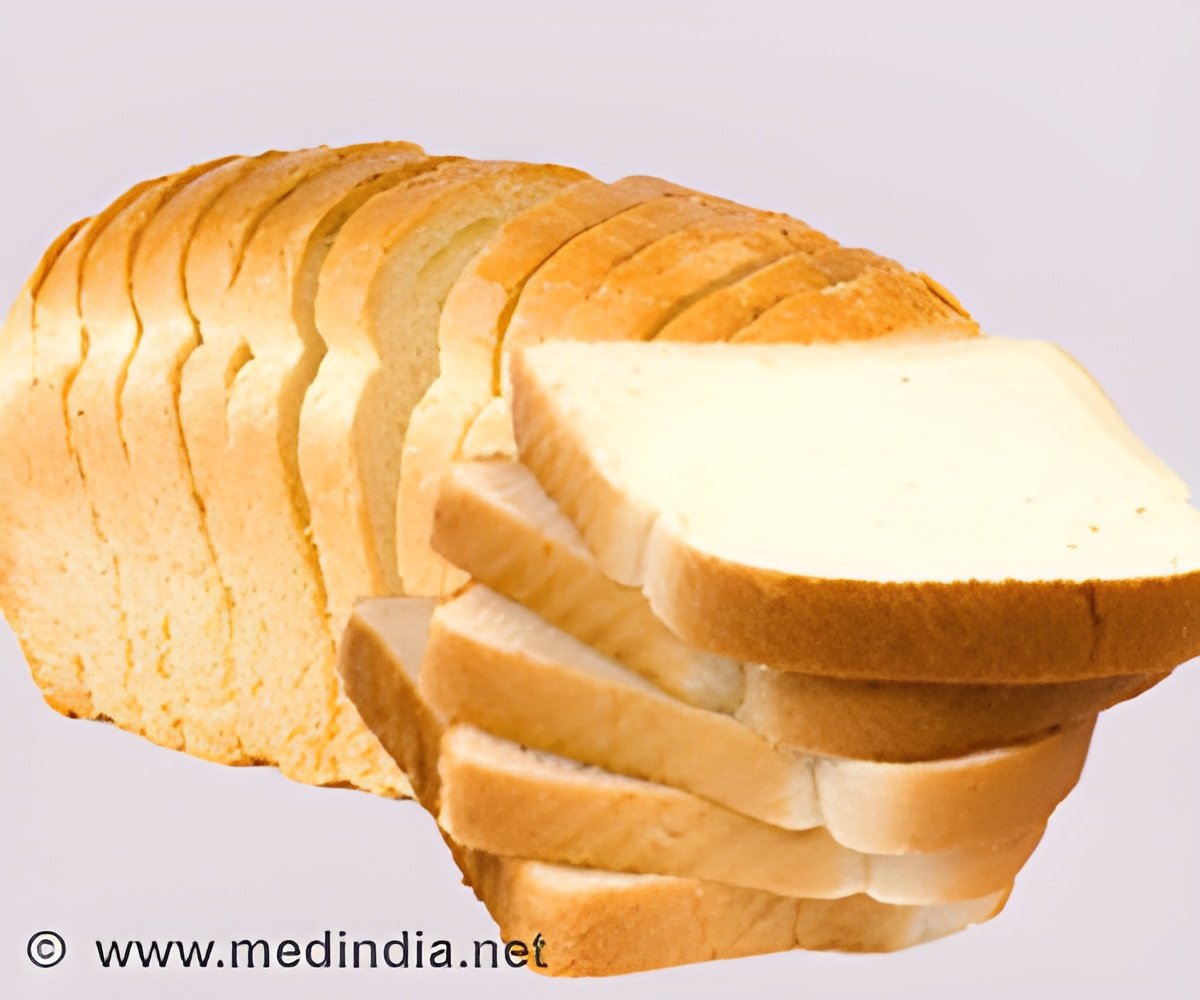A new research finds that the tongue has the capacity to perceive the taste of carbohydrates.

The findings of the new study may explain both why diet products are not as pleasurable as their real counterparts and why athletes get instantly pepped up by consuming carbohydrate-loaded drinks – even before the conversion of carbs into energy takes place in their bodies.
Sport drinks are packed with sugary carbohydrates that give enormous energy, and tongues are found to have a special taste for them.
In a clinical trial, participants were asked to squeeze a sensor that was held between their right index fingers and thumbs when a visual cue was shown.
Simultaneously, the participants were made to rinse their mouths with two artificially sweetened fluids of which only one contained carbohydrates. The participants’ brains were able to distinguish between the two, though both seemed to have a similar taste.
The trial also revealed that there was a 30 percent spike in brain activity after carb fluid consumption, especially in those portions of the brain that regulate movement and vision.
Advertisement
“Carbohydrates are extremely powerful stimuli that have profound and immediate effects on the brain and the systems it controls,” explained Dr. Nicholas Gant, whose team undertook the research at the University of Auckland’s Centre for Brain Research.
Advertisement
“It’s becoming evident that the brain knows far more about the foods we ingest that just our perception of taste,” said Gant.
The new study is set to be published in the journal Appetite.
Source-Medindia










